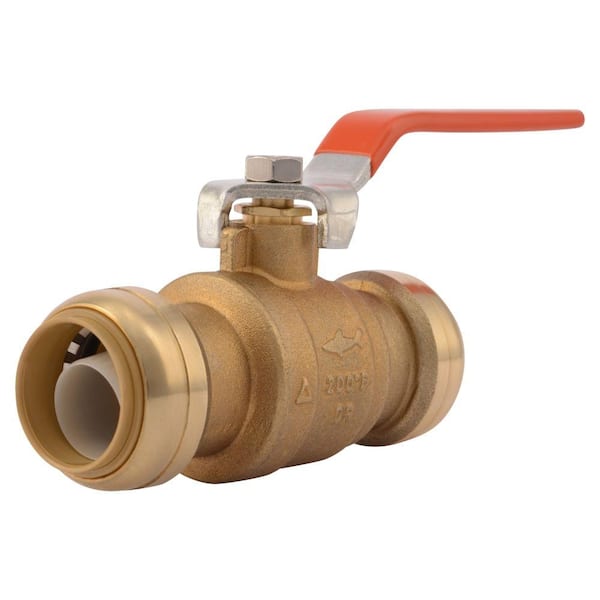Brass ball valves are essential components in various industries, including plumbing, HVAC, and oil and gas. These valves provide reliable control over the flow of liquids and gases, ensuring efficient operation of systems. To ensure their longevity and optimal performance, it is crucial to implement proper maintenance practices. In this article, we will explore some valuable tips for maintaining brass ball valves, which can help you extend their lifespan and ensure efficient operation.
Why Maintenance Matters
Regular maintenance of brass ball valves is essential for several reasons. Firstly, it helps to prevent leaks and avoid costly repairs or replacements. Secondly, it ensures smooth and efficient operation, reducing downtime and improving overall system performance. Lastly, proper maintenance helps to identify and address potential issues before they escalate, ensuring the safety of personnel and the environment.
Tips for Maintaining Brass Ball Valves
1. Regular Cleaning
Regular cleaning is vital to remove any debris or buildup that may affect the valve’s performance. Use a soft brush or cloth to remove dirt and grime from the valve body, stem, and ball. Avoid using abrasive materials that could damage the brass surface.
2. Lubrication
Applying lubricant to the valve’s moving parts helps to reduce friction and ensure smooth operation. Use a high-quality lubricant specifically designed for brass valves. Apply a thin, even layer of lubricant to the stem and ball, ensuring proper coverage.
3. Inspect Seals and O-rings
Inspect the seals and O-rings regularly for signs of wear or damage. Replace any worn-out or damaged seals to prevent leakage. Ensure that the replacement seals are compatible with the type of fluid or gas being controlled by the valve.
4. Test for Leakage
Periodically test the valve for leakage to ensure its integrity. Close the valve tightly and pressurize the system. Use a leak detection solution or soapy water to check for any bubbles or signs of leakage around the valve body, stem, or connections. If leakage is detected, promptly address the issue.
5. Prevent Corrosion
Brass ball valves are susceptible to corrosion, especially in harsh environments. Implement measures to prevent corrosion, such as applying a corrosion-resistant coating or using protective covers. Regularly inspect the valve for any signs of corrosion and take appropriate action if necessary.
6. Follow Manufacturer’s Guidelines
Always refer to the manufacturer’s guidelines for specific maintenance instructions and recommendations. Each valve may have unique requirements, and following the manufacturer’s guidelines ensures proper care and maintenance.
Conclusion
By implementing these maintenance tips, you can ensure the longevity and efficient operation of your brass ball valves. Regular cleaning, lubrication, seal inspection, leakage testing, corrosion prevention, and adherence to manufacturer’s guidelines are essential practices to follow. Remember, proper maintenance not only extends the lifespan of your valves but also contributes to the overall performance and safety of your systems.


